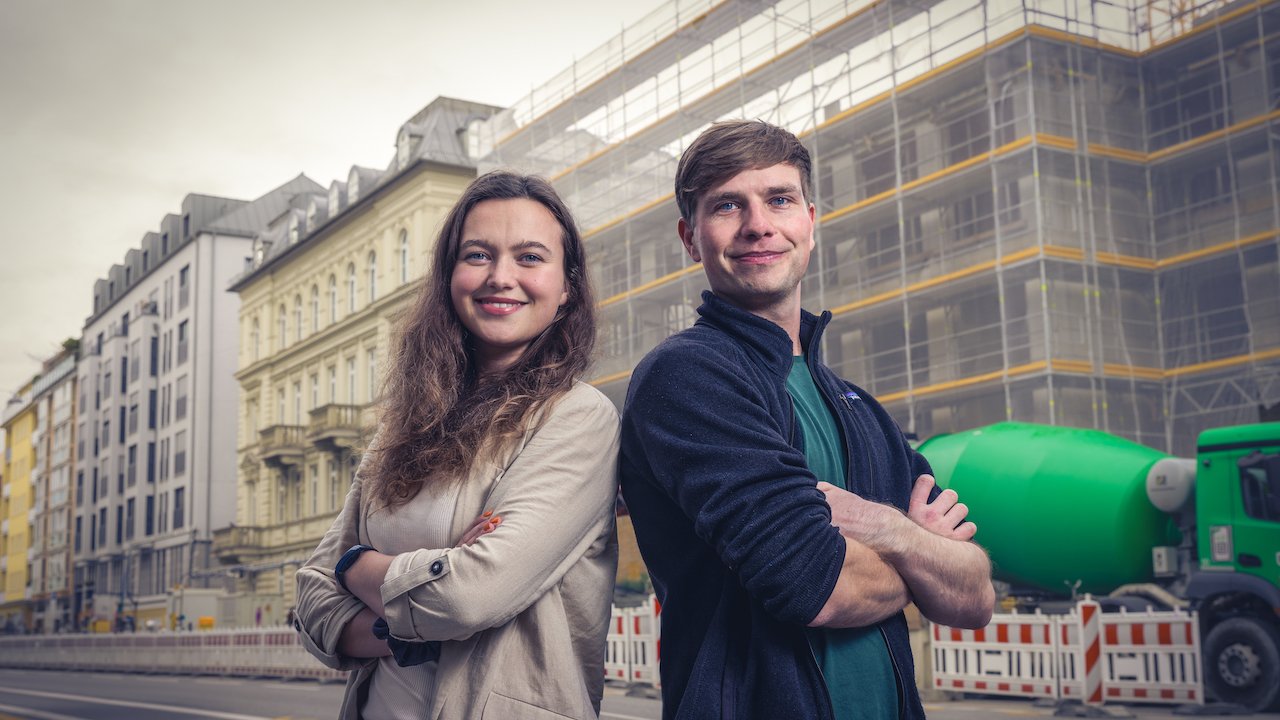Emidat, a provider of environmental data solutions for the construction industry, has raised €4M seed funding in a round led by General Catalyst.
Emidat's software simplifies the process of creating Environmental Product Declarations, making it faster to self-report and identify issues. Emidat with use the funding to expand its platform, accelerate product development and grow its team. To achieve the EU’s target of net zero by 2050, construction needs to measure and reduce embodied carbon rapidly. Emidat provides the data layer that makes it happen, integrating with existing workflows and accepting data via API, Excel, or BIM. The database consists of environmental data on over 150k construction products and can be accessed via API and UI.
Co-founded in Munich by Lisa Oberaigner (CEO) and Florian Fesch (CTO) in 2023, Emidat has secured leading global suppliers of construction materials as clients, including three of the world’s largest concrete manufacturers.
As the EU introduces mandatory standards for building product declarations next month, Emidat is building the operating system for environmental data in construction. Environmental Product Declarations (EPDs) are product labels that provide data about the environmental impact of the material in each stage of the product life cycle including production, construction, operation and the potential for reuse, recovery or recycling. Using them, architects, project developers, and contractors can make informed decisions about every single material in a project.
Samuel Beyer, Investor at General Catalyst, said: “We see Emidat as a turnkey solution for decarbonizing the mission-critical built environment from the ground up; it will increasingly function as a collaborative platform where the industry can collectively access and exchange material data. We believe this will help drive the speed of industry transformation and value chain efficiency."
The construction and real estate sector is responsible for 39% of global greenhouse gas emissions and more than half of the impact comes from embodied carbon: emissions arising from the manufacturing, transportation, installation, maintenance, and disposal of building materials. Even as modern buildings become more energy efficient the impact from embodied carbon is increasing, up from 11 per cent of all global GHG emissions in 2021. Furthermore, some 2.4 trillion ft² (230 billion m²) of new floor area is being added globally over the next 40 years - equal to building an entire New York City every month, for 40 years.
"Buildings are where we live, work and learn - they are at the heart of all productive economies. While we make progress in decarbonising the energy sector, construction continues to have a huge and damaging impact on our planet," said Lisa Oberaigner, CEO and co-founder of Emidat. "Since 75% of the buildings we will be using in 2050 are yet to be built, there is a huge opportunity to reduce the impact of this sector. By providing transparent and accessible environmental data, we can help decarbonize the industry and create a more sustainable built environment."



Would you like to write the first comment?
Login to post comments